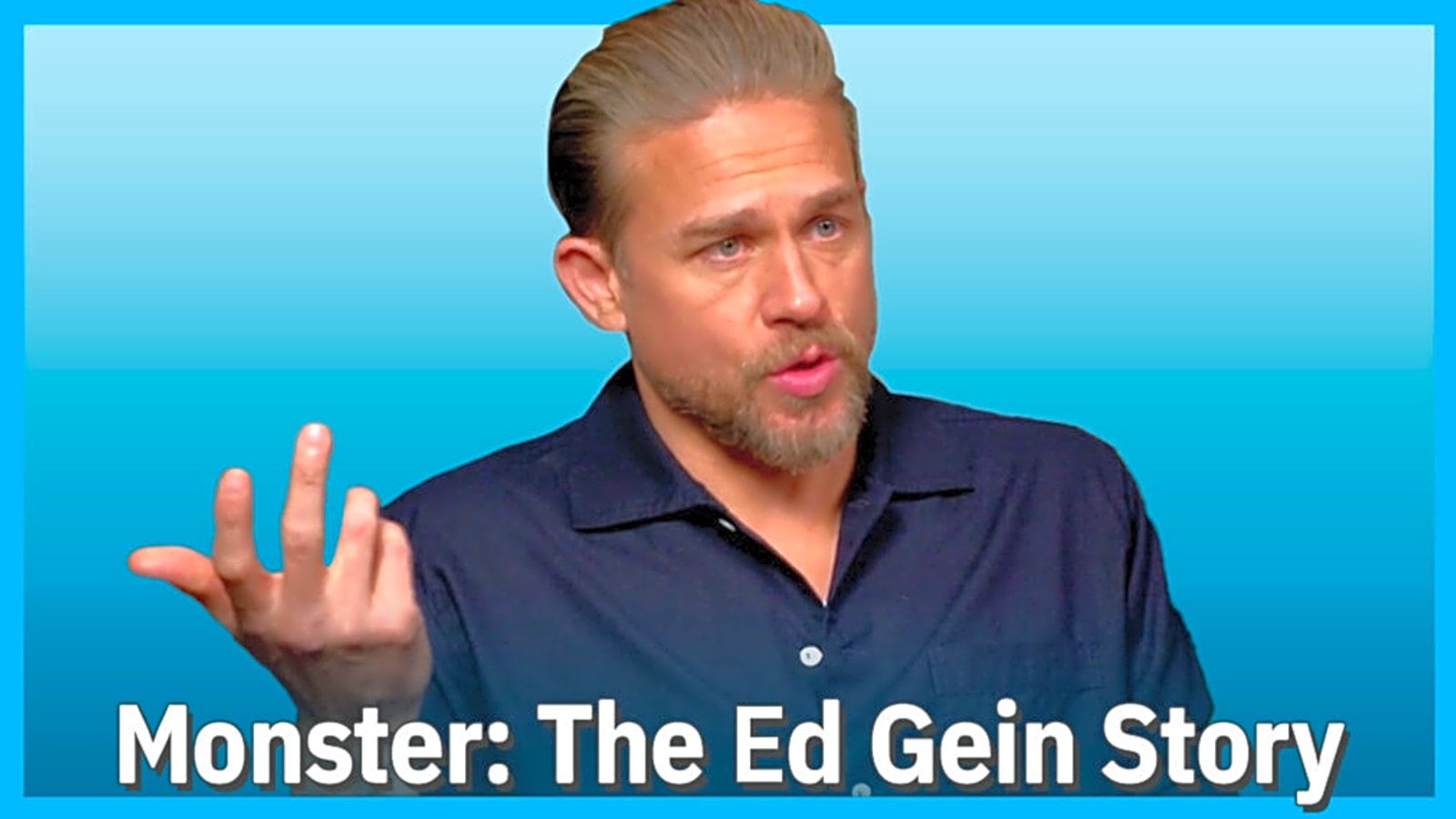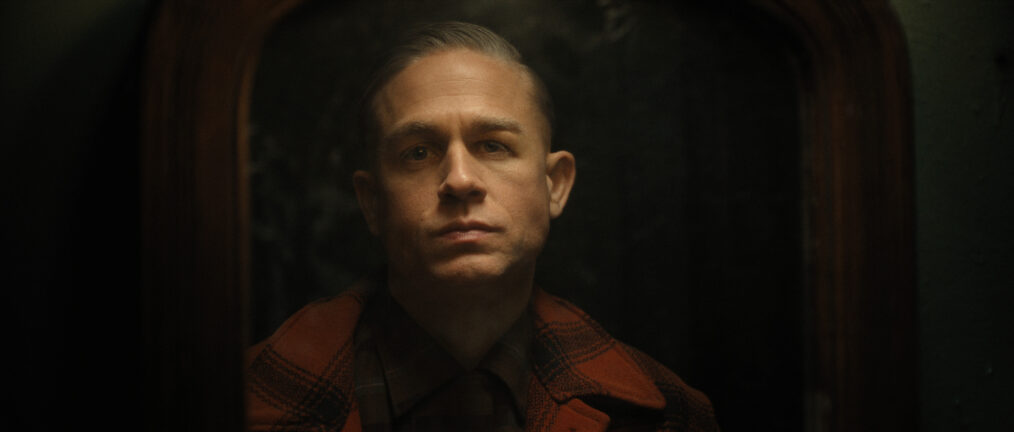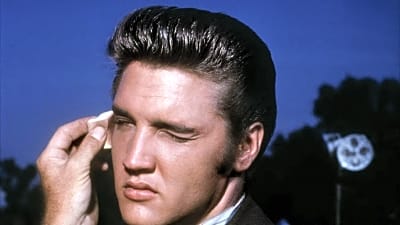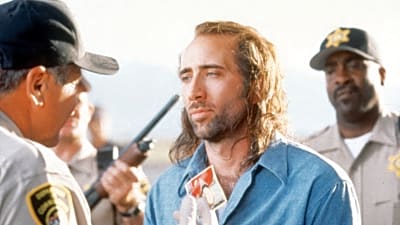
Stepping into the role of Ed Gein isn’t an easy task, but Charlie Hunnam was up for the challenge. In the Netflix series Monster: The Ed Gein Story, the actor had to shed his trademark charisma and physicality to embody the reclusive, deeply disturbed killer whose real-life crimes inspired some of horror’s most infamous characters.
During the course of its storytelling, the third chapter of Ryan Murphy‘s anthology series put the “Butcher of Plainfield” under the microscope for all to see. Monster: The Ed Gein Story not only guided audiences through Gein’s isolated existence but also illuminated the dark influences that shaped him, as well as the filmmakers and madmen he, in turn, inspired.
However, not everything in the story is accurate. At times, facts and figures are exaggerated or altered to serve the narrative. And Monster is no exception. While it captures the horror and fascination surrounding Gein, it also takes creative liberties that blur the line between truth and dramatization.

Netflix
When sitting down with TV Insider, we asked Hunnam whether he believes Hollywood has a responsibility to remain accurate when portraying true crime stories on screen.
“I don’t know if Hollywood has that responsibility. As a researcher, I wanted some of the books that had been written about Ed — personally, for what I was looking for — to be sort of less of a celebration of the grotesque of what Ed did and explore more of why he did what he did and who he was, because that is what I was trying to understand,” explained Hunnam.
“I feel that we have a responsibility to be illuminating some elements of the human condition that’s valuable as opposed to being like a grotesque parody or gratuitous,” said the actor.

Netflix
“I had no interest – we collectively had no interest – in making this story because it was impossibly dark. We wanted to understand what makes a monster and who this man was, and what, in a sort of cautionary tale, could have been done to prevent these terrible things that he did,” continued Hunnam.
For his research, Hunnam listened to an interview with Ed Gein recorded two days after his arrest. But he was unprepared for what he heard on the tapes.
“Just how naive he was,” said Hunnam. “He would constantly be trying to make jokes. And he was seemingly completely unaware that he was in trouble or that he was responsible for the things that he was being accused of. He actually seemed like he was trying to help,” said Hunnam incredulously. “He had co-opted himself into the detective team. Like he was there collaborating with these detectives to try and solve the crime, which I do think is a consequence of his mental illness.”
“I actually don’t think at this point that it was prior to him starting to take medication and to sort of reconcile the extent of his mental illness. I don’t even really know if he understood what he had done. He was very naive and childlike.”
“I got these tapes very late on, in it confirmed this growing sense that I had that there was something childlike and really innocent in the face of these horrendous crimes.”
— Additional reporting from Kelli Boyle
Monster: The Ed Gein Story, all episodes now streaming, Netflix
More must-reads:
Breaking News
Trending in Entertainment
Customize Your Newsletter
 +
+
Get the latest news and rumors, customized to your favorite sports and teams. Emailed daily. Always free!








